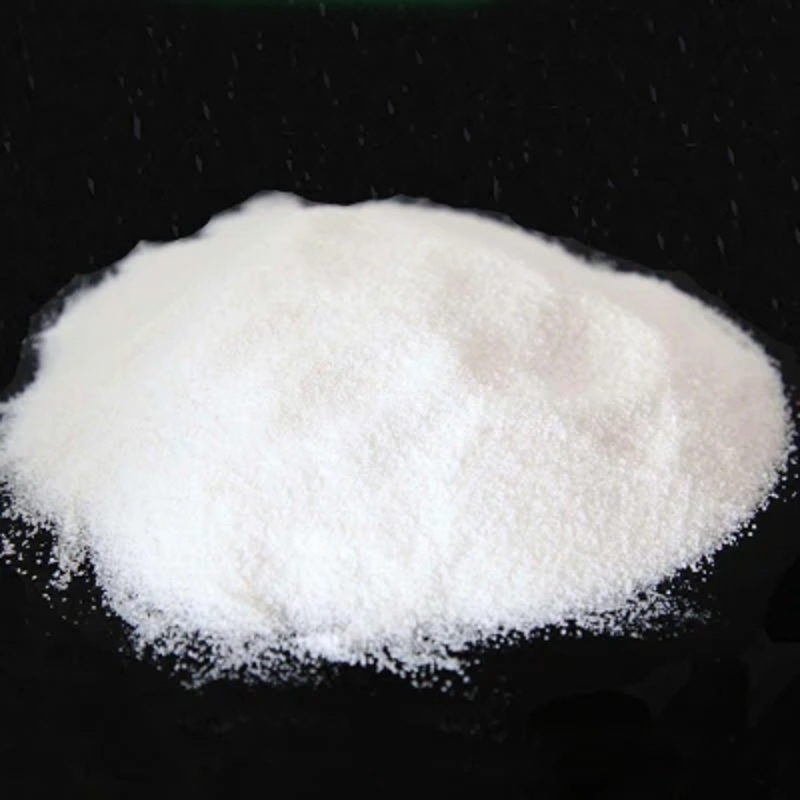-
Categories
-
Pharmaceutical Intermediates
-
Active Pharmaceutical Ingredients
-
Food Additives
- Industrial Coatings
- Agrochemicals
- Dyes and Pigments
- Surfactant
- Flavors and Fragrances
- Chemical Reagents
- Catalyst and Auxiliary
- Natural Products
- Inorganic Chemistry
-
Organic Chemistry
-
Biochemical Engineering
- Analytical Chemistry
-
Cosmetic Ingredient
- Water Treatment Chemical
-
Pharmaceutical Intermediates
Promotion
ECHEMI Mall
Wholesale
Weekly Price
Exhibition
News
-
Trade Service
Original title: Australian study finds that eating too much "junk food" can lead to sleep problems in teenagers
A new study led by the University of Queensland in Australia has found that teenagers who frequently consume carbonated drinks and fast food are more likely to have sleep disorders.
data used in the study are from the World Health Organization's Global Campus Health Survey from 2009 to 2016. The survey covered 175,261 students aged 12 to 15 in 64 high, middle and low-income countries in South-East Asia, Africa, South America and parts of the Eastern Mediterranean.
"carbonated beverages tend to contain caffeine, fast food is often high in calories but nutritionally innate, ingested too often, and the risk of sleep disorders increases." Associate Professor Asad Khan, a researcher and associate professor at the University of Queensland's School of Health and Rehabilitation Sciences, said.
found that teenagers who drank more than three ficarbonated drinks a day were 55 percent more likely to develop sleep disorders than their peers who drank only one drink a day. Male teens who ate fast food more than four days a week were 55 percent more likely to develop sleep disorders than male teens who ate fast food only once a week, and 49 percent more likely than female teens.
study also found that frequent intake of carbonated beverages and fast food was common in countries covered by the survey, outside low-income countries. Teenagers in high-income countries showed a higher correlation between sleep disorders and carbonated drinks.
Khan said poor sleep quality can have a negative impact on the health and cognitive development of young people, calling on schools to create an atmosphere that limits the availability of carbonated drinks and fast food, and suggesting that families also focus on healthy eating habits.
study has been published in the British Lancet journal Electronic Clinical Medicine.
。







